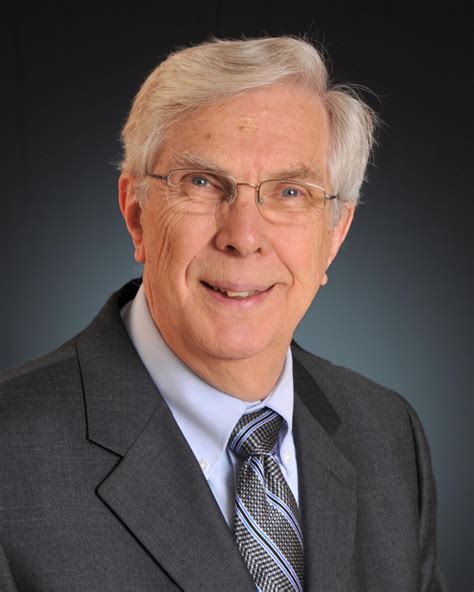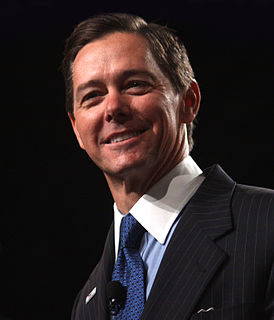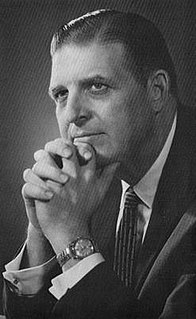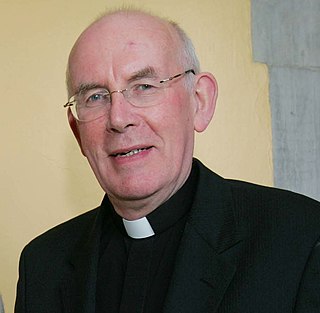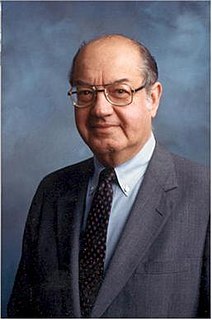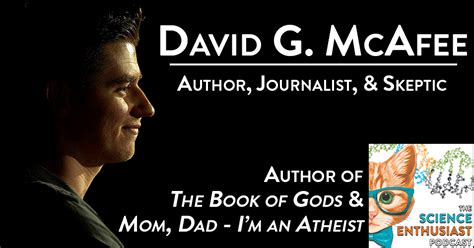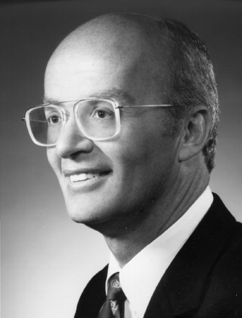A Quote by Stephen V Monsma
Most Americans instinctively recoil from the claim that there is an antireligious bias running through the underlying assumptions with which their society approaches church-state issues. However, there is persuasive evidence that among some influential segments of the population, there is a very real antireligious strain.
Related Quotes
It is true that traditional Christianity is losing some of its appeal among Americans, but that is a religious, not political, matter. It is worth remembering that the Jeffersonian 'wall of separation' between church and state has always been intended to protect the church from the state as much as the state from the church.
With others, I feel betrayed that those who had the authority in the Church to stop Brendan Smyth failed to act on the evidence I gave them. However, I also accept that I was part of an unhelpful culture of deference and silence in society and the Church, which thankfully is now a thing of the past.
Whether we like it or not, quantification in history is here to stay for reasons which the quantifiers themselves might not actively approve. We are becoming a numerate society: almost instinctively there seems now to be a greater degree of truth in evidence expressed numerically than in any literary evidence, no matter how shaky the statistical evidence, or acute the observing eye.
History has shown that there are very few mechanisms as effective at maintaining the status quo as a set of institutionalized regulations. Once set in regulatory concrete, reconsideration of the basic underlying assumptions is very difficult. While it will be an uphill fight to re-examine the basic underlying assumptions of any law or administrative rule, it is clearly not impossible. It will just take longer than if not so well institutionalized.
Christian apologists who argue that a story about an empty tomb is convincing evidence of a resurrected body are likely unfamiliar with Occam’s razor, which states that among competing hypotheses, the hypothesis with the fewest assumptions should be selected. They assume that the most likely explanation is miraculous resurrection through some unproven divine connection, but more likely scenarios include a stolen body, a mismarked grave, a planned removal, faulty reports, creative storytelling, edited scriptures, etc. No magic required.
Navalny is doing a very important thing in his segment of society. Gudkov is a doing a very important thing in his segment of society. Yabloko, or more accurately, some of the leaders of the Yabloko party, are doing a very important job in their segment of the population, people such as Schlosberg. And our organization Open Russia is also doing important work with its segment of society, because those people who are focused on us, our segment, they're not part of those other segments.
As far as I know, most organizations are avoiding population issues because they're politically frightened by the charge that comes from some proponents of immigration that if you oppose the immigration policy we have now, you're a racist.. There is no way in the world we can forge a sustainable society without stabilizing the population. ... There's no practical way of stabilizing the population of the U.S. without reducing the immigration rate. When do we decide we have to do something, or do we wait until things are as bad here as they are in the countries people want to leave?
